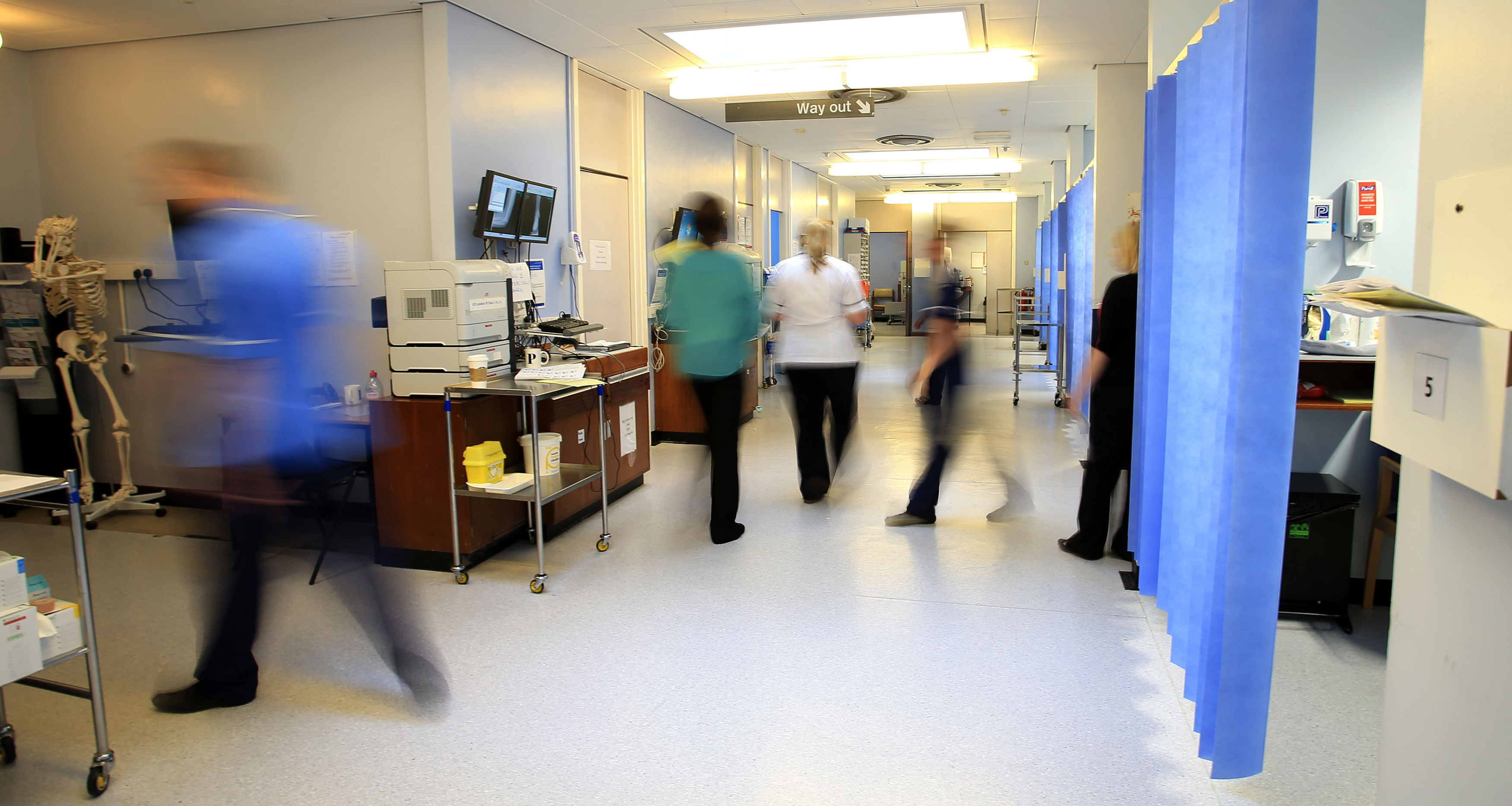
Hundreds of thousands of workers employed on a freelance basis are to lose a key perk that kept their costs down.
And small businesses are also to be hit with new rules that experts have warned will see many bosses close or sell their companies.
A spokeswoman for the Institute of Chartered Accountants has warned the changes will be perceived as “very anti-business.”
The new rules on tax relief for freelance workers such as supply teachers, part-time nurses and IT experts could hit Scotland particularly hard.
Critics warn schools and hospitals in remote communities will find it harder or more expensive to hire and specialist sectors like Aberdeen’s oil and gas industry may be more likely to look abroad to employ experts.
SNP Treasury spokesman Roger Mullin said: “It is extremely worrying that the Government remains intent on attacking the most flexible part of our labour market made up of many freelancers and very small businesses.
“This will disproportionately affect Scotland and will, for example, put at risk the provision of effective medical care in remote communities, as well as compromising many businesses, including the IT sector.”
Crawford Temple, chief executive of Prism, a trade association for firms that provide payroll services for freelances, said: “Thousands of workers face an overnight pay cut, and a lot haven’t realised this because it has been sneaked out as an innocuous paragraph in the paperwork.
“The Treasury is ignoring the evidence and taking a short-sighted approach.”
Currently, freelance staff can claim tax relief on travel expenses and meals.
It’s claimed this gives them flexibly to respond to needs for their skills and allows them to take work far away from their home. The Treasury is planning to axe the tax relief.
Prism has calculated that the technical change will cost supply teachers £3,252 per year and nurses not on permanent contracts would forfeit £4,650 – a wage cut of around a fifth.
Temple added: “Costs will go up and costs will go, up even more for outlying facilities.
“If a teacher was needed for a week at a school in the Western Isles, in the old days they’d be able to claim tax relief on their travel and accommodation. Now they can’t so a teacher from Edinburgh, for example, is either going to ask for more money or just not take the job.”
Campaigners’ estimates of the effect on the economy range from £ 7 billion to £19 billion.
According to Prism the Treasury’s own analysis states the measure will net just £265 million.
Meanwhile an apparently innocuous change to the rules on taxing dividends on shares has led to warnings thousands of businesses could close.
Many entrepreneurs, consultants and bosses of small firms pay themselves via dividends but the top rate of tax on such payments is set to rocket by 10% under unheralded government proposals.
For many that’ll make it more cost-effective to close the company.
Andrew Tate, vice-president of the Association of Business Recovery Professionals, has said the proposals, revealed in a consultation in December, were expected to trigger a “great increase in liquidations”.
A Treasury spokesman said the Government is committed to a fair tax system.

Enjoy the convenience of having The Sunday Post delivered as a digital ePaper straight to your smartphone, tablet or computer.
Subscribe for only £5.49 a month and enjoy all the benefits of the printed paper as a digital replica.
Subscribe